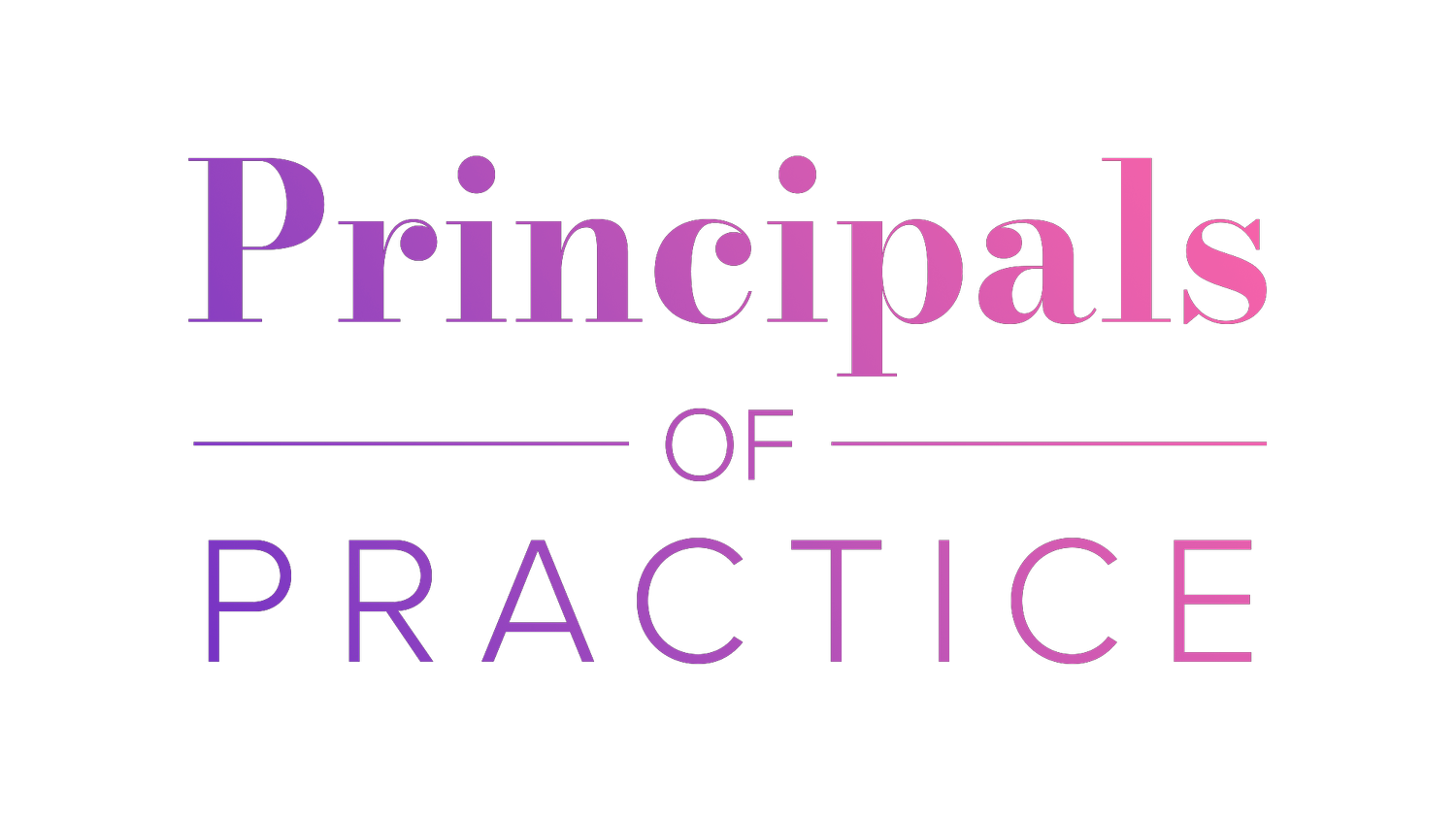The race to get it all done by the end of the year
I love Christmas but the lead up to it used to be my least favourite time of year. As a finance lawyer my workload would start to ramp up around September and be completely out of control by December. The holidays were threatened as everyone pushed to complete their deals before the end of the year. There was so much to do, it was overwhelming.
Psychologist Marla W. Deibler describes overwhelm as the feeling that you are completely overcome in mind or emotion, when you feel as though the stressor is too great for you to manage. The dictionary definition “to bury or drown beneath of huge mass of something” is also illustrative.
Unhelpfully, the very cognitive abilities you need to apply when the work is piling up might be hampered by the stress and overwhelm you are experiencing, leaving you more stressed and less productive.
Being overwhelmed has been linked to decreased cognitive functioning including:
· slower and less creative thinking
· an inability to concentrate
· forgetfulness
· poor sleep quality
· procrastination.
What can you do if you are feeling overwhelmed? There are lots of hints and tips on time management but I want to dig deeper than that. I want to uncover and examine the tendencies, beliefs and behaviours that are contributing to the feelings of overwhelm.
Unearth and assess your default setting: Notice what you tend to do when you feel as though you are drowning in work or other commitments. Do you:
· get up early to squeeze in some extra hours
· work long into the night
· make frequent trips to the fridge or skip meals
· focus on small, achievable busy tasks and avoid the chunkier more important tasks
· snap at people around you
· postpone self-care such as exercise, spending time with friends or creative pursuits.
Examine each behaviour and ask how it is helping to manage your stress and if it is hampering your ability to cope. For example, frequently working late might help clear some tasks but if it is impacting your sleep, it could affect your ability to function the next day.
Once you’ve identified any unhelpful ‘default’ behaviours, seek to uncover the beliefs that underlie them.
Analyse your perspective: I have worked with overwhelmed clients who believe they cannot log off or turn in for the day before they complete everything on their to-do list.
They try to clear as much work as possible in an attempt to free up capacity:
· for more work
· to deal with unexpected work disasters which may or may not happen; or
· to finally take some time out to enjoy themselves.
The only wrinkle is that the elusive free capacity rarely presents itself. The speed of communication in workplace interactions makes it practically impossible to ever really be “done.” Once you’ve sent that email consolidating your comments that sense of satisfaction quickly fades as responses start to pour in and you spend the next few hours answering queries and comments.
I suspect these beliefs about how we manage workload are no longer helpful in this era of instantaneous communication and 24/7 availability. When I was in private practice, I only really felt “done for the day” if I was online at an hour that was so indecently antisocial no one could possibly expect me to respond or send an email. I felt I had to “out-wait” everyone else before it was safe to turn in.
What are some of the beliefs you hold about effectively managing your workload? How do those beliefs impact your behaviour and impact your ability to manage stress and work effectively and efficiently?
Here are some common beliefs I have heard:
“I need to be on top of everything all the time – it’s impossible to prioritise because everything is urgent”
“I have to do it all – I can’t delegate this work: it is faster if I do it and I’ll delegate the next one”
“I have to say yes – I can’t possibly turn down any task I’m asked to do”
“It has to be perfect – I have to spend hours checking my colleagues’ work before it goes to the client”
Resetting your expectations: If these are no longer working for you, can you readjust your view?
I invite you to really challenge your habitual perspective. Is this just a story or habit you have picked up somewhere along the line?
How can you readjust that perspective in a way that will reduce pressure? What conversations can you have (with yourself and others around you) to make your new perspective and approach stick?
Prioritise self-care: It is obvious but taking time away from work to recharge is so important to managing and coping with stress. Unfortunately, many of us sacrifice our own wellbeing the moment we start to feel suffocated by our workload. How can you bring self-care into your new approach for managing your workload?

